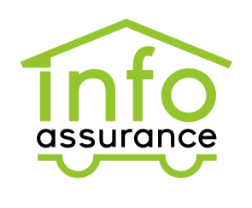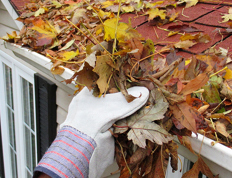
Insurance and fraud: a scourge for all


In property and casualty insurance, fraud has direct consequences for all policyholders. It drives up the cost of claims, which has a major impact on everyone's premium.
Insurance fraud is committed by organized crime groups and by ordinary citizens, who want to keep their premiums down or save a few dollars.
Different fraud scenarios
Premeditated fraud
Premeditated fraud is when an insured files a claim for an event that never happened or that occurred intentionally, such as a staged accident or non-existent theft.
Pre-meditated fraud is when an insured holds back information that allows the insurer to evaluate the risk.
And, premeditated fraud is when an insured fails to disclose key information about the condition, value or use of a vehicle or home. For example, if the principal driver is an inexperienced adolescent driver, but the parent is reported as the principal driver to keep the premium lower; or if the vehicle is insured for personal use when, in fact, it is used for commercial activities, such as making deliveries or transporting passengers for a fee. The same holds true for home insurance if the home is rented out to make a profit. Not declaring such an activity equals insurance fraud.
Opportunistic fraud
Opportunistic fraud is when an individual makes an inflated claim to receive unjustified insurance compensation.
Some examples:
- Including pre-collision vehicle damage in an auto insurance claim.
- Causing additional damage to the vehicle after a collision to increase repair costs.
- Making a claim for property that was not actually stolen or damaged during a vehicle theft or break-in.
- Making a claim for a higher value than the stolen value.
- Presenting inaccurate and incomplete facts to make a claim that would otherwise not be covered under the policy.
Fraud can have serious consequences for a policyholder who is caught. Not only does he risk paying more for his coverage, he might also not be able to insure his car or home. If a loss occurs, he may also not be compensated or only partially compensated.
home insurance
auto insurance
claims
vandalism
fraud


















